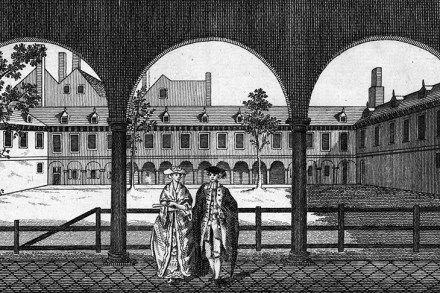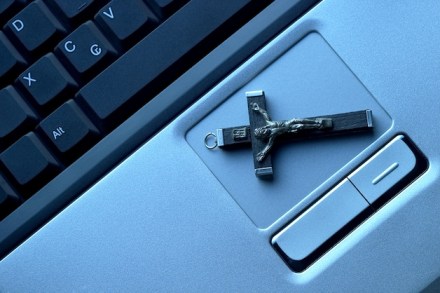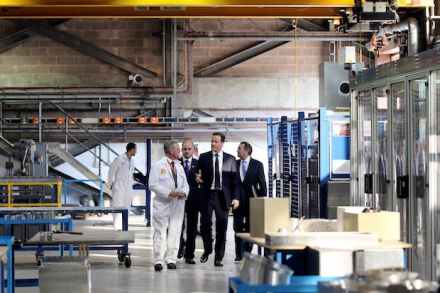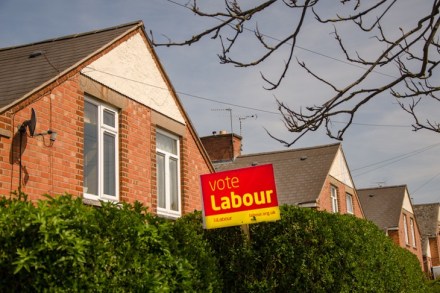Gresham College
How many people need to gather together before it becomes more likely than not that at least two of them will share a birthday? The answer might surprise you. It’s just one of the many intriguing facts that I’ve learned at Gresham College. Gresham was founded in 1597, the brainchild of Thomas Gresham, king of what’s now called the Square Mile. He had also established the Royal Exchange, and decreed that rents paid by merchants there should fund free lectures open to anyone. The arrangement continues to this day. No need to enrol or book: anyone can turn up at any lecture that takes their fancy. So next time you



















